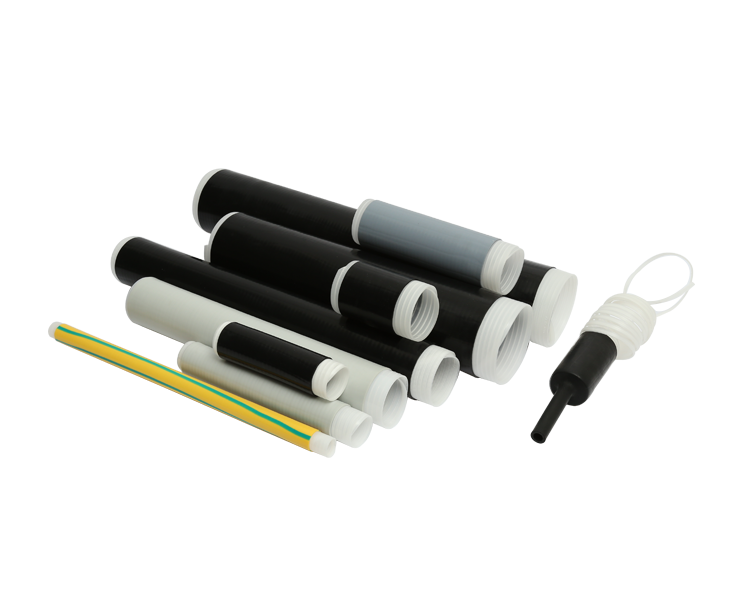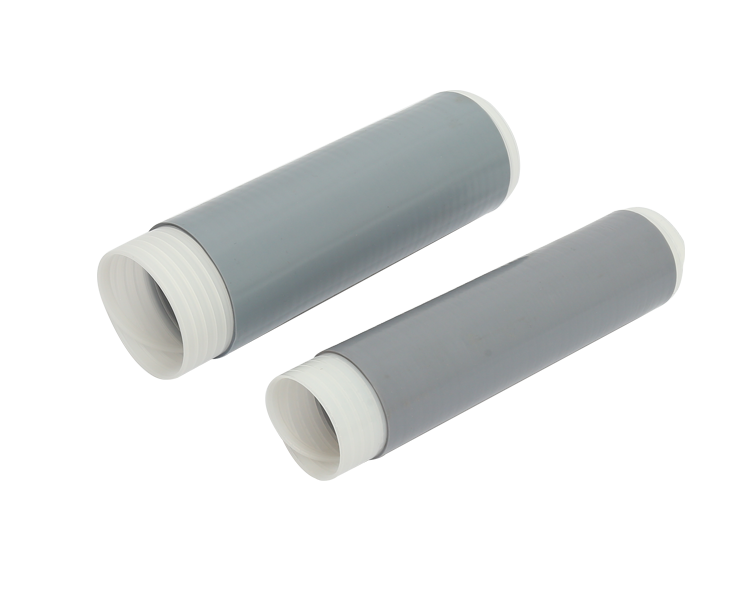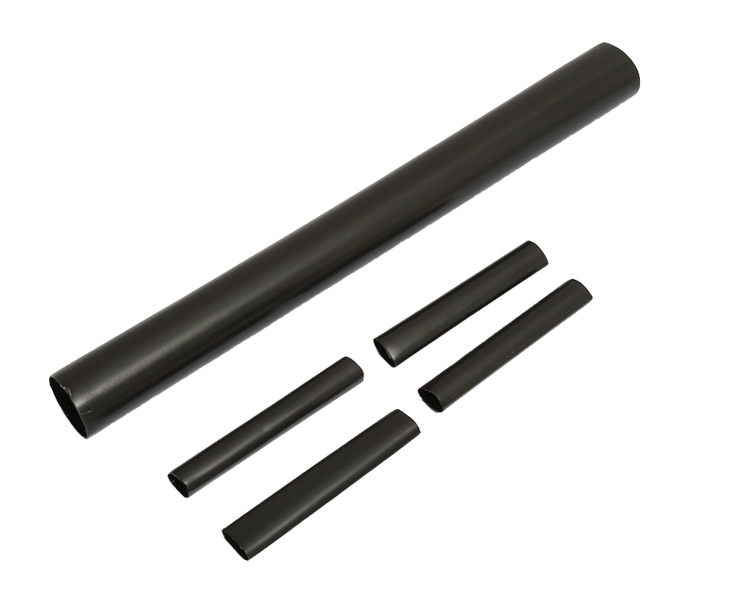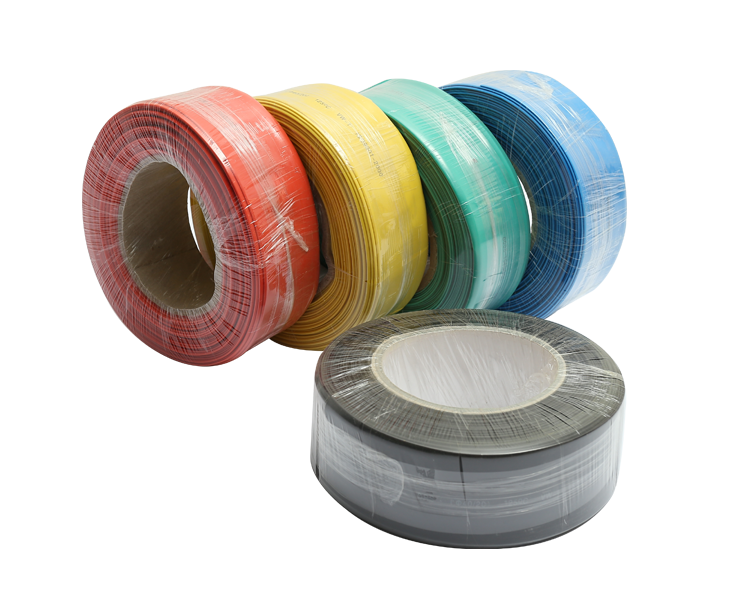Separable Insulated Connectors Manufacturing Company in China
Separable insulated connectors play a key role in enhancing electrical safety by providing a secure and reliable connection while lowering the risk of short circuits, accidental contact, and environmental damage. These connectors offer flexibility, ease of maintenance, and improved protection in various electrical systems.
Separable insulated connectors are designed to connect and disconnect electrical circuits safely. Unlike traditional connectors, they feature insulation that prevents exposure to live components, reducing the risk of electrical hazards. They are commonly used in power distribution, industrial automation, and renewable energy systems.
The primary function of these connectors is to protect users and equipment from electrical hazards. The insulated design prevents direct contact with conductive elements, reducing the risk of electric shock or short circuits.
Separable connectors simplify installation and maintenance processes. Their design allows for quick disconnection, making repairs and replacements more efficient. This reduces downtime in critical systems such as power grids and industrial machinery.
Many separable insulated connectors are built to withstand harsh conditions, including moisture, dust, and temperatures. This makes them suitable for outdoor applications and environments where exposure to contaminants could compromise electrical connections.
These connectors are available in different configurations, making them compatible with various voltage levels and wiring setups. Whether used in low-voltage residential wiring or high-voltage industrial applications, they provide a reliable connection.
A secure electrical connection is essential to prevent overheating and power loss. Separable insulated connectors are designed to provide a firm connection, reducing the likelihood of loose wiring, which can pilot to electrical failures or fire hazards.
Separable insulated connectors are widely used across multiple industries due to their versatility and safety features.
Power Distribution Systems: Used in underground and overhead power networks to ensure safe and efficient energy transfer.
Industrial Equipment: Helps maintain stable connections in machines that require frequent maintenance or modifications.
Renewable Energy Installations: Essential in solar and wind energy systems where exposure to outdoor elements demands reliable insulation.
Transportation Infrastructure: Applied in railway and automotive wiring to enhance durability and prevent electrical failures.
When choosing a separable insulated connector, several factors should be considered:
Voltage Rating: Ensure the connector is suitable for the electrical system’s voltage requirements.
Current Capacity: Select a connector that can handle the expected current load without overheating.
Material Quality: Look for connectors made of durable insulating materials to ensure long-term performance.
Ease of Installation: Choose a design that allows quick and secure connections without complex tools.
Environmental Resistance: If used outdoors or in harsh environments, select a connector with weather-resistant properties.
To ensure the effectiveness of separable insulated connectors, regular maintenance is recommended:
Inspect for Damage: Check for signs of wear, cracks, or loose connections.
Clean Regularly: Remove dust and contaminants that could interfere with electrical conductivity.
Ensure Proper Fit: Avoid forcing mismatched connectors, as this can weaken the insulation and compromise safety.
Replace Worn Components: If a connector shows signs of deterioration, replace it promptly to maintain electrical reliability.
Separable insulated connectors provide a practical solution for improving wiring safety in various electrical applications. Their ability to prevent direct contact with live components, resist environmental factors, and simplify maintenance makes them a valuable choice for residential, industrial, and energy systems.

 English
English 简体中文
简体中文



